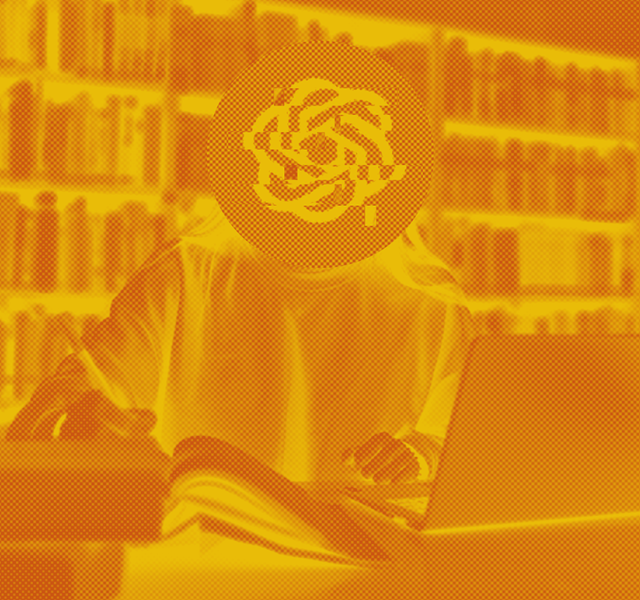
Study without ChatGPT… to work more wisely with AI
Paul Van Eecke (VUB), Katrien Beuls (UNamur) and Tim Brys (VUB) explain why students should avoid the use of generative AI during high-school education to be able to use it more efficiently afterwards. Adapted by Folco Soffietti (VIU).
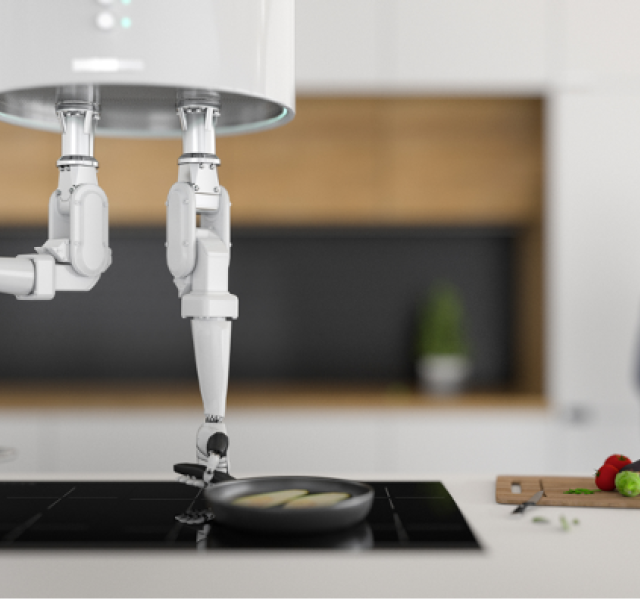
Can Robots Cook? Culinary challenges for advancing artificial intelligence
Alexane Jouglar, PhD student at University of Namur is exploring for us the Recipe Execution Benchmark paper.
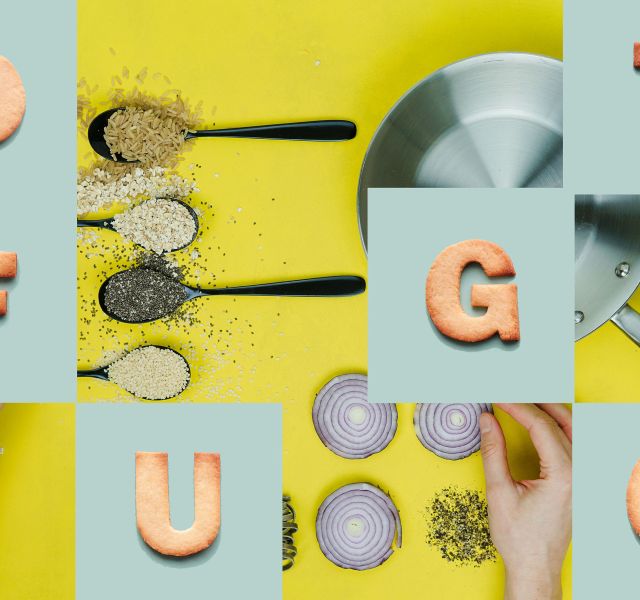
Anaphora Unveiled: Tracking Culinary Transformation in the Tech-Driven Kitchen
Anna Morbiato from Venice International University introduces us to the word power in AI kitchen.
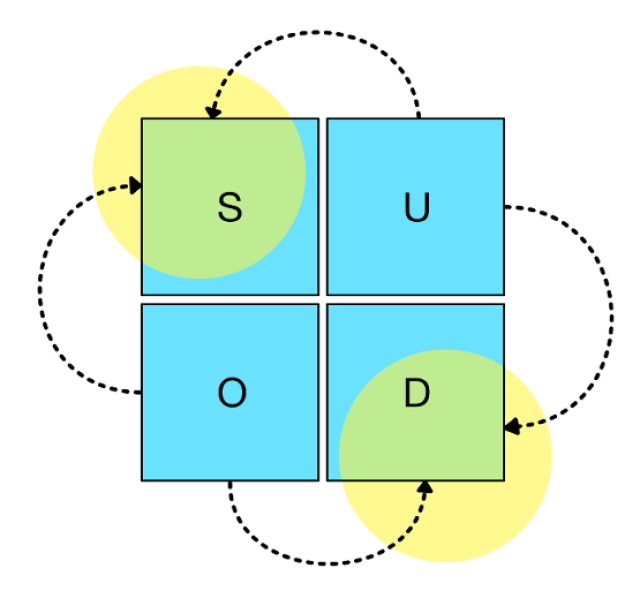
Uncommon Ground
Robert Porzel from University of Bremen, reflects on disagreement between users and AI in their respective beliefs and knowledge.
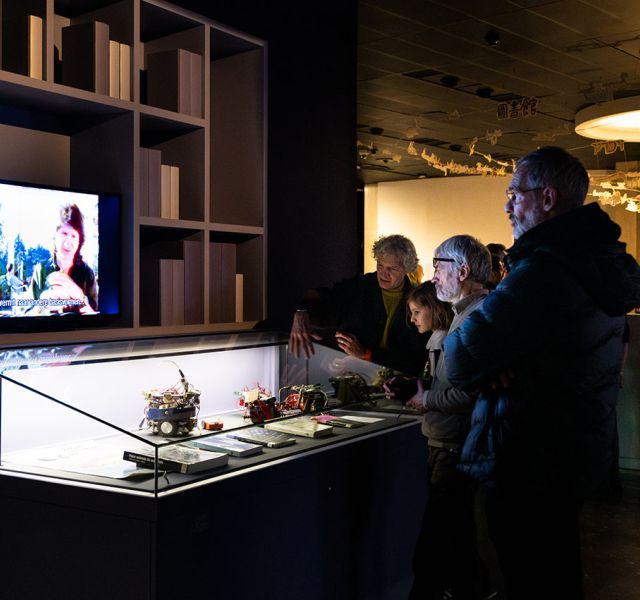
Science on the edge of chaos
MUHAI' scientific advisor Luc Steels guides us in the visit of a pop-up exhibition about the history of AI he curated in December, not to be missed!
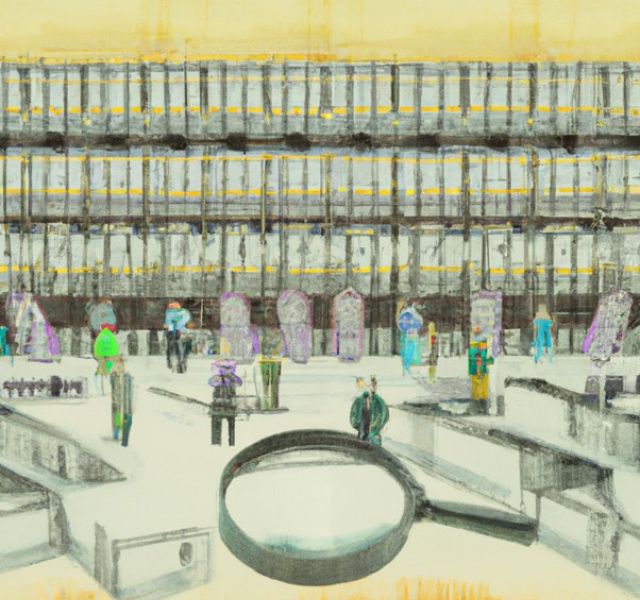
From digital archives to online observatories, the peaks and chasms of social-media based research Pt.3
Social media have a societal value, working as modern agoras but there is a need for understanding public concerns and the perceptions of anthropogenic phenomena at a time when user data is increasingly monetized. Part 3 of 3.
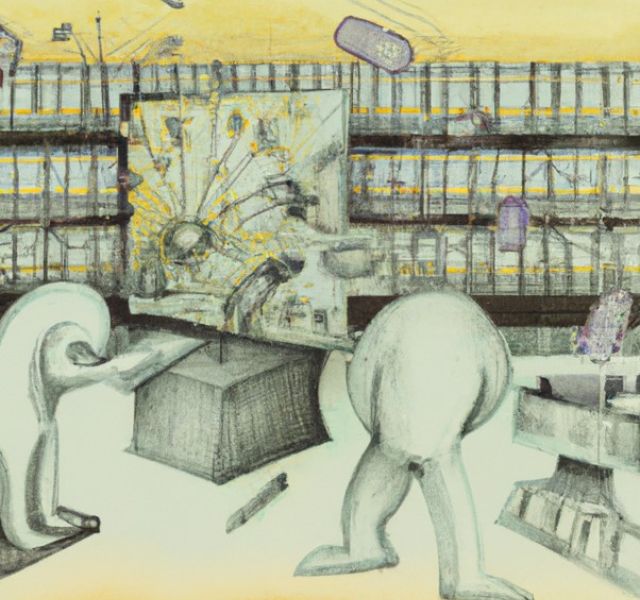
From digital archives to online observatories, the peaks and chasms of social-media based research Pt.2
Social media have a societal value, working as modern agoras but there is a need for understanding public concerns and the perceptions of anthropogenic phenomena at a time when user data is increasingly monetized. Part 2 of 3.

From digital archives to online observatories, the peaks and chasms of social-media based research Pt.1
Social media have a societal value, working as modern agoras but there is a need for understanding public concerns and the perceptions of anthropogenic phenomena at a time when user data is increasingly monetized. Part 1 of 3.

AI, the winning artist?
The fact that AI-generated entries have won art and photo contests sparked a debate in the art world. The blog reflects on what are the possible paths for art prizes in a world in which AI generators are commonly used.
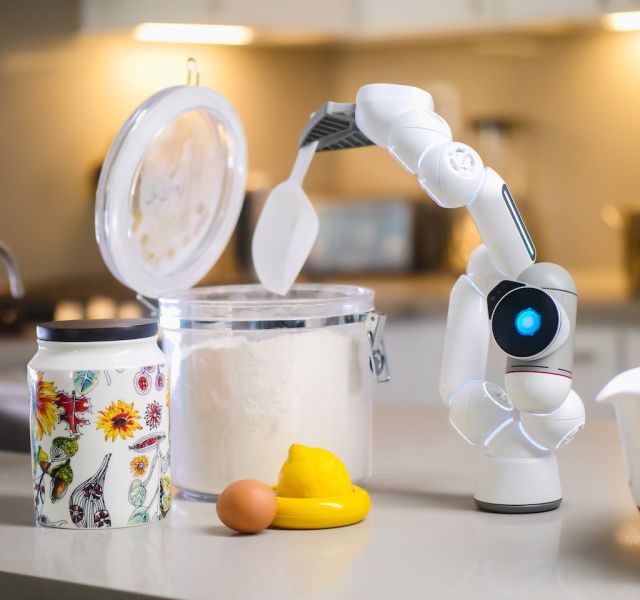
From Kitchen to AI: A Task-based Metric for Measuring Trust
Trust is an important factor in human-centric artificial intelligence – especially for the success and effectiveness of a collaborative task in which the participants rely on each other to achieve specific sub-goals. For example, in household environments, such as a kitchen, mistakes can be made by either party that could not only lead to failure to complete the task, but even to injury through various hot or sharp appliances. Trust in a new system or technology is critical to its success, since people tend to employ systems that they trust, and reject systems that they do not trust.
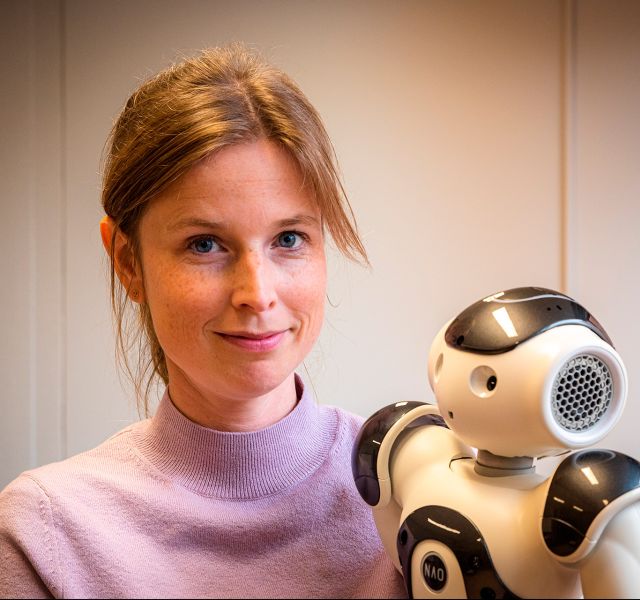
Do you speak AI?
We are pleased to announce that MUHAI researcher Katrien Beuls is now Lecturer in Artificial Intelligence at the University of Namur (Belgium) and we are happy to welcome UNamur in the MUHAI consortium! Read her interview for the University of Namur's magazine "Omalius". ©UNamur (Photo credits: ©Christophe Danaux)
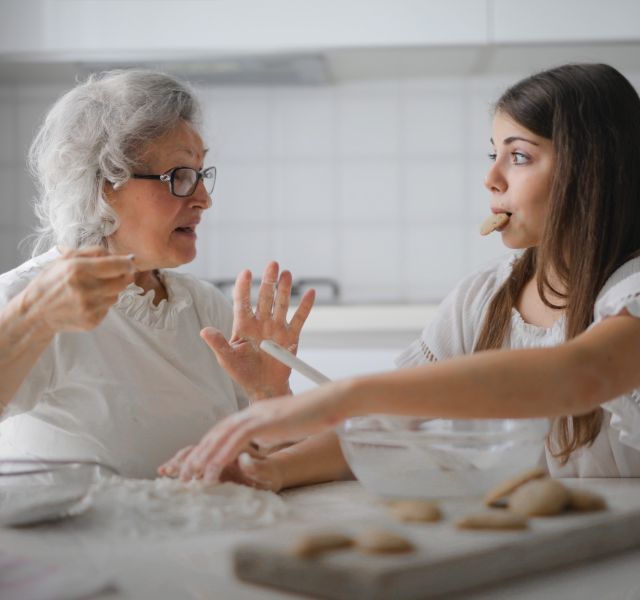
Pragmatics: the secret ingredient
Imagine you're at a house party. You've just met someone new and you want to make a good impression. So, you ask them "How's it going?". To a machine, this phrase might seem like a simple question, but to a human it has a whole range of meanings. It could be a polite greeting, a genuine inquiry about how the person is doing, or even a subtle way of asking them to leave. The machine might not be able to pick up on the nuances of the conversation, but a human would be able to decipher the true meaning behind the words. That's pragmatics in action!